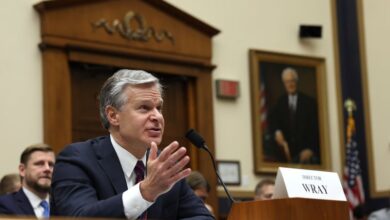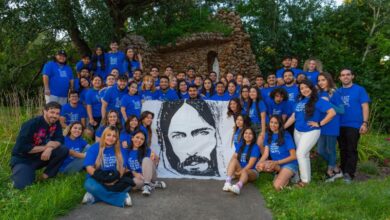Quebec to now allow assisted suicide for individuals incapable of giving consent

 null / Credit: HQuality/Shutterstock
null / Credit: HQuality/Shutterstock CNA Staff, Nov 1, 2024 / 15:25 pm (CNA).
The provincial government of Quebec will now allow assisted suicide for individuals who cannot consent at the time of the procedure in what one pro-life advocate calls a “dehumanizing” policy that “devalues” individuals of diminished mental capacity.
The provincial government’s website states that “advance requests” for medical aid in dying (MAID) may be made by individuals who have “been diagnosed with a serious and incurable illness leading to incapacity” such as Alzheimer’s disease.
The request “must be made while the person is still capable of consenting to care,” the government says, though it acknowledges that the lethal procedure will be carried out “when they become incapable of [consenting].”
Some advocates have cheered the move. Cathy Barrick, the CEO of the Alzheimer Society of Ontario, told media this week that assisted death “should be accessible to people with dementia.”
Sandra Demontigny, meanwhile — the spokeswoman for the Quebec Association for the Right to Die with Dignity who is herself suffering from Alzheimer’s — told media that she had “been waiting for this day for many years.”
“I want to take care of myself, my body … I don’t want to rely on people,” she said.
New rule ‘devalues persons with memory loss’
Amanda Achtman, who promotes ethics education for Canadian Physicians for Life, argues instead that the policy “unavoidably devalues persons with memory loss as well as those who may be incapable of giving consent for different reasons, such as due to having a particular disability.”
“The underlying anthropology espoused by a regime of advance requests to die is that personhood diminishes with the loss of memory and cognition,” she told CNA. “This is a dehumanizing view.”
Achtman, who also operates the nonprofit Dying to Meet You, noted that Quebec’s broadened criteria are actually illegal under the national criminal code, but “the federal government is unlikely to prosecute any of these offenses in Quebec, out of political considerations,” she said.
Euthanasia was already available in a limited context for Canadians suffering from dementia, Achtman said. Nearly 1 in 10 Canadians who received MAID in 2022 were suffering from dementia; they were able to obtain the procedure under a more narrow waiver of consent.
The new “broadened criteria” in Quebec — and the government’s likely non-prosecution of it — ”shows how Quebec can push the bounds of the law in matters of life and death without repercussions,” Achtman said.
Assisted suicide in Canada has become increasingly popular since it was first legalized in 2016.
Government statistics in 2022 indicated that MAID was the sixth-leading cause for death in Canada, with 13,241 “MAID provisions” reported that year, accounting for 4.1% of all deaths nationwide.
Activists have regularly pushed to expand MAID. A group of pro-euthanasia advocates sued the federal government in August to allow physician-assisted suicide for those suffering from mental illness.
The government earlier in the year paused a planned expansion of the program that would have included the mentally ill, though it said it would consider the policy again in three years’ time in order to allow provinces to “prepare their health care systems” for the expansion.
In March, meanwhile, a judge ruled that a woman with autism could be granted her request to die by assisted suicide, overruling efforts by the woman’s father to halt the deadly procedure.
Achtman said pro-life advocates “must restore a correct view of the human person by insisting on the immutable dignity of each person, no matter what.”
She quoted Pope Francis, who described euthanasia as “a failure of love” and “a reflection of a throwaway culture.” Pro-life advocates, she said, “are responsible for advancing a positive alternative vision in which every human person is cherished and belongs.”
“We must be prophets of hope,” she said, “who never tire of reminding that our deepest identity and destiny consists in the boundless human potential of loving and being loved, and that this is unshakable.”





